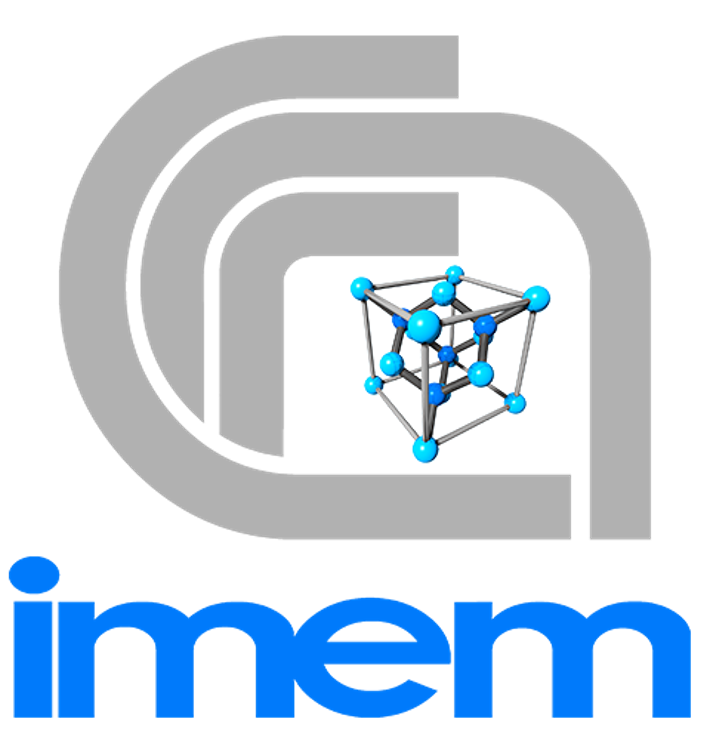
Projects

The SURF project aims to select and develop genetic materials of durum wheat for virus resistance, identifying and utilizing resistance traits through the use of modern experimental and technological approaches.
Wheat production in Italy and Lombardy is often damaged by various diseases, and among these, viral diseases represent a current problem, as the mild temperatures during the autumn-winter period due to climate change allow the vectors of the viruses to infect crops for a much longer period than usual.
The results obtained within the framework of the SURF project, in addition to producing new knowledge in the field of plant response to viruses, will have an important impact in the medium term, as virus-resistant durum wheat genotypes will be identified and developed. In the long term, the resistance traits identified can be used in future genetic improvement programs for wheat.

E-crops – technologies for sustainable digital agriculture is a PON project in the Agrifood area, funded under the industrial research and experimental development projects in the smart specialization areas provided by the PNR (National Research Program).
The objective of E-crops is to innovate cultivation processes by leveraging data strategy, whether they are observations of phenomena or the result of measurement or analysis technologies. Precision farming already helps some supply chains, primarily the wine sector, manage some cultivation processes. However, very often it is limited to monitoring the spatial variability of the vegetative state, which indirectly links to the plant’s health status and its water or nutritional requirements. E-crops aims to promote a decisive improvement compared to this context by pushing forward observation and analysis capabilities through the integration of “sensing” and “phenotyping.”
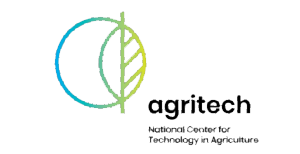
IMEM CNR participates in the National Centre for Agricultural Technologies (AGRITECH) within the PNRR. The Centre shall carry out research and promote the development of innovative technologies in the agricultural sector to improve the quantity and quality of production, ensuring sustainable adaptation to climate change, including through prevention, resistance and resilience to risks (drought, health emergencies, soil depletion.
The project promotes the use of enabling technologies for the sustainable development of agri-food production, with the aim of promoting adaptation to climate change, the development of marginal areas, resilience and multifunctionality of agricultural systems, forestry and zootechnics, safety, quality, traceability and typicality of agri-food chains, and at the same time with the aim of reducing the environmental impact of intensive production activities especially in areas with a territorial vocation.

Thanks to a project promoted by the Emilia Romagna region, the Bioristor inside the Italy Pavilion was presented at Expo Dubai 2020. It was possible to include a permanent structure within the Italy Garden, inside the Italy Pavilion, containing the main Mediterranean and desert plants, 4 central units, and 16 Bioristor devices, which monitored the plants for the duration of the expo.
Thanks to the permanent presence of the Bioristor in the plants of the Italy Garden, the guides were able to illustrate to the visitors of the Italy Pavilion, the technology of the Bioristor and its main applications. In the Italy Pavilion, more than one and a half million visitors saw the Bioristor technology in action live.

The POSITIVE project is financed under the 2018 POR FESR Emilia-Romagna Call for Proposals (Regional Operational Program – European Regional Development Fund), Strategic industrial research projects aimed at the priority areas of the Smart Specialisation Strategy (Axis 1 – Research and innovation, Action 1.2.2 – Support for the implementation of complex research and development projects on a few relevant thematic areas and the application of technological solutions functional to the implementation of the S3 strategy).
The total amount of the project is 1.1 million euros, 70% of which is covered by regional funding.
POSITIVE aims to make agronomic indices derived from Copernicus project satellite images available on a regional scale and to set up an IT infrastructure that makes precision irrigation and fertigation effectively usable throughout the region.
Bioristor is used in POSITIVE as a tool for optimizing crop irrigation.

The objective of the VITIS project is to introduce technological innovation in the organic and low-impact wine industry, through the development of a prototype system for dynamic detection of weather data, vegetational parameters of environmental conditions, vegetative vigor, and water and nutritional status of grapevine crops. This tool, integrated into a computerized platform, will support grape growers in the distribution of nutrients in the field, taking into consideration the spatial variability of the land, thus ensuring economic savings and greater environmental protection.
Collaborations
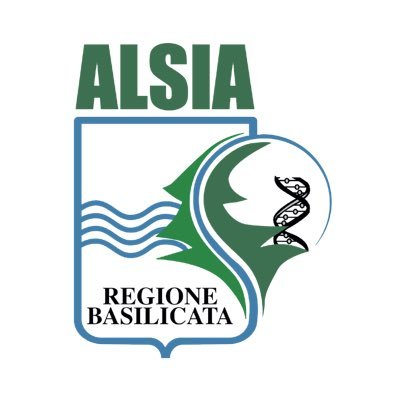
ALSIA (Lucanian Agency for Agricultural Development and Innovation) is an instrumental body of the Basilicata Region for research and transfer of innovations in agriculture and agri-food. The Agency carries out specific informative and training actions aimed at agricultural and agri-food businesses, and provides them with advice for modernization, enhancement, and development in order to increase production, enhance the qualitative characteristics of products, and reduce the use of pesticides. It provides real and specialized services related to product traceability, plant protection, optimization of irrigation use of company water resources and fertigation, and dissemination of good agricultural practices. ALSIA has been collaborating for several years in the development of the Bioristor sensor, and there is currently a version of the Bioristor compatible with LemnaTECH phenotyping platforms.
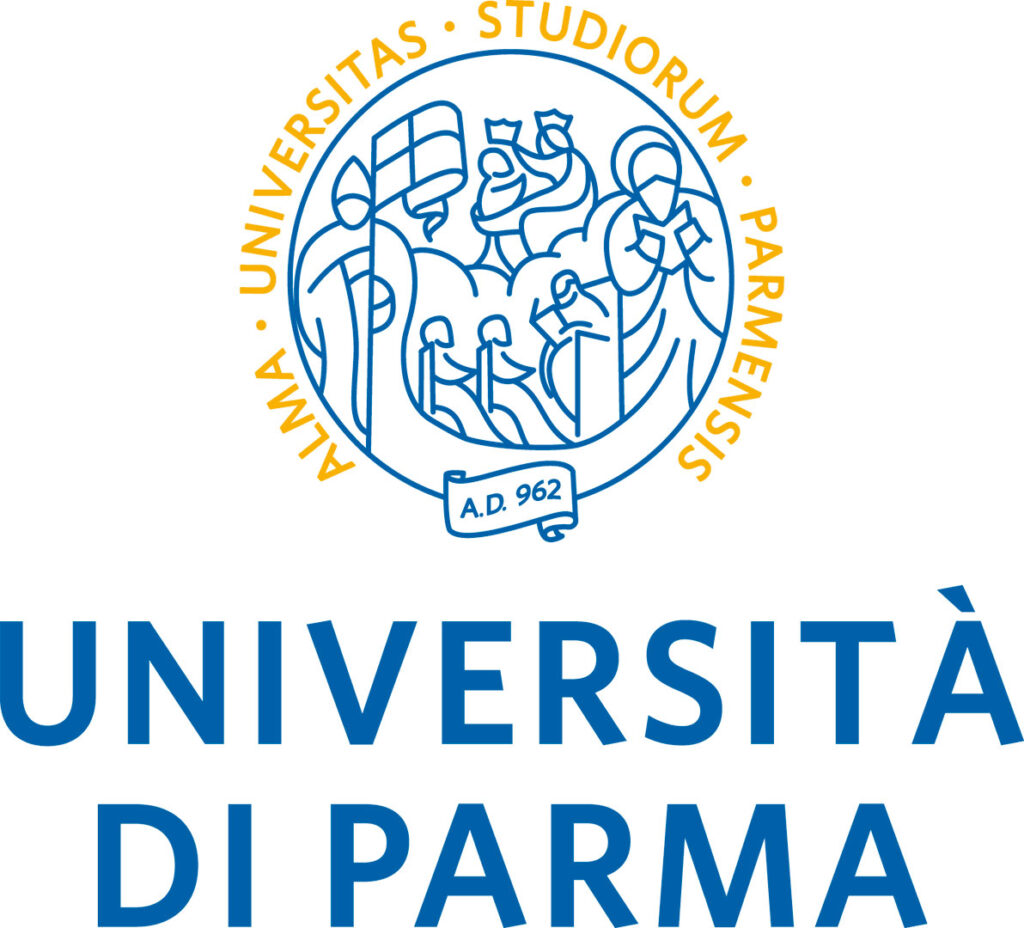

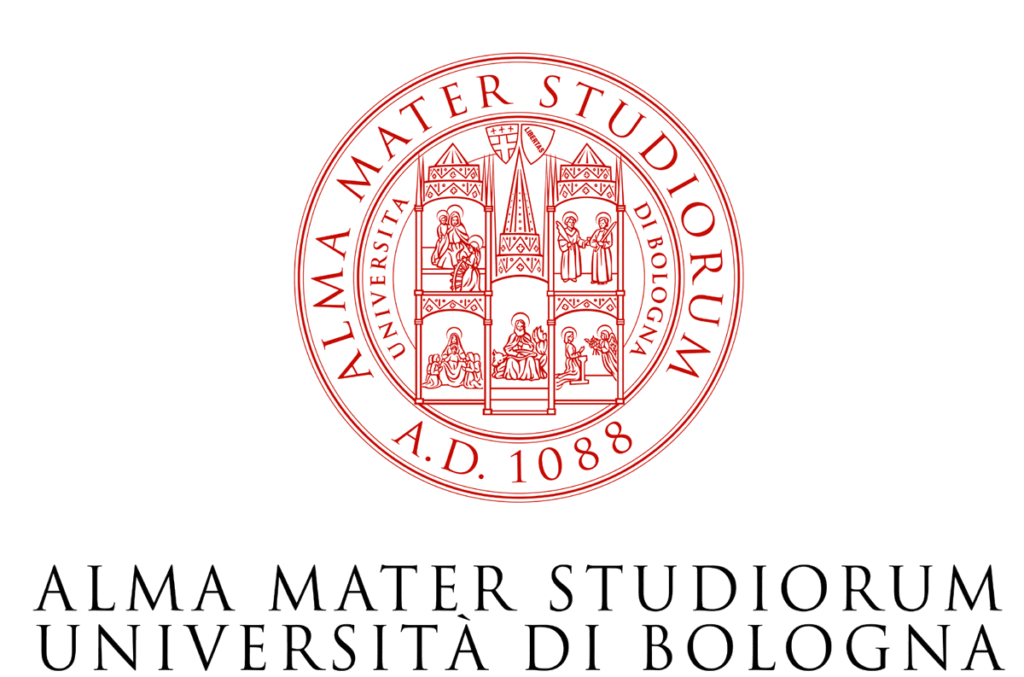
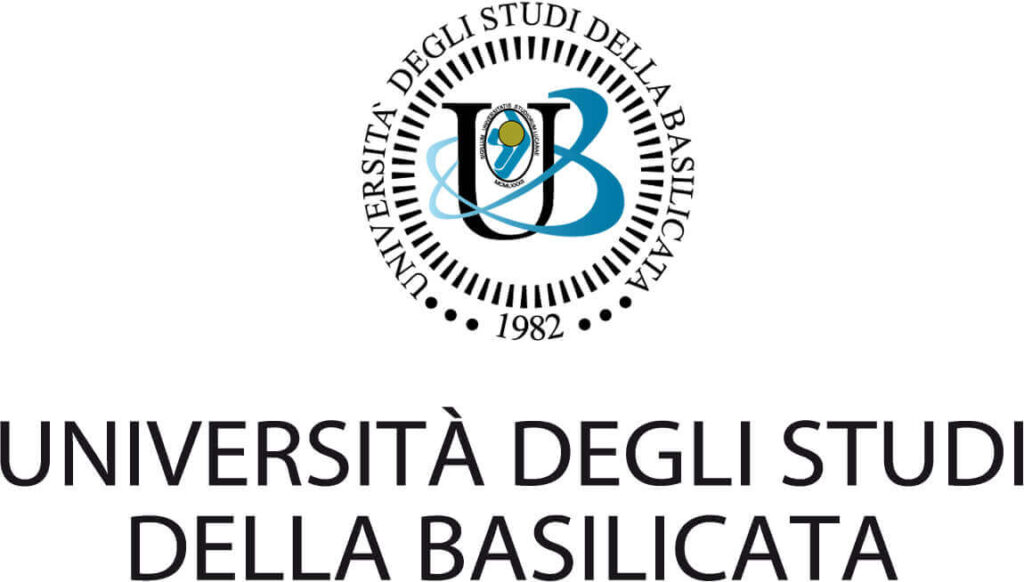
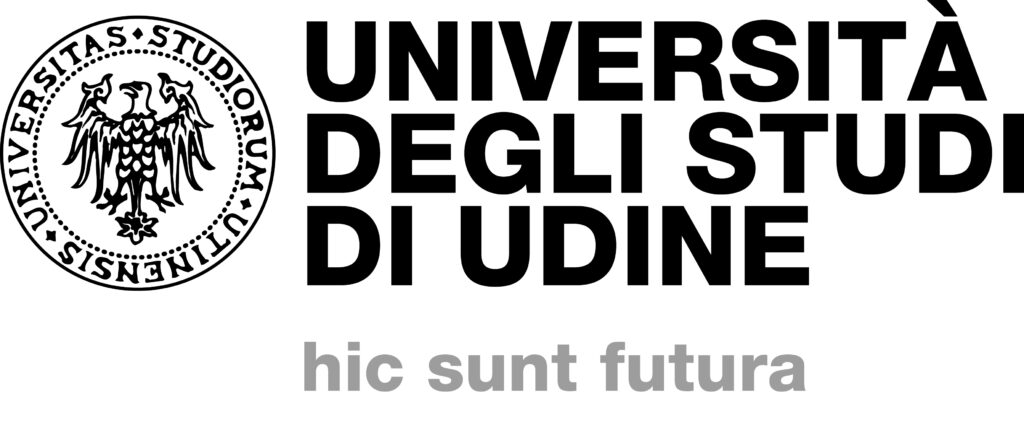

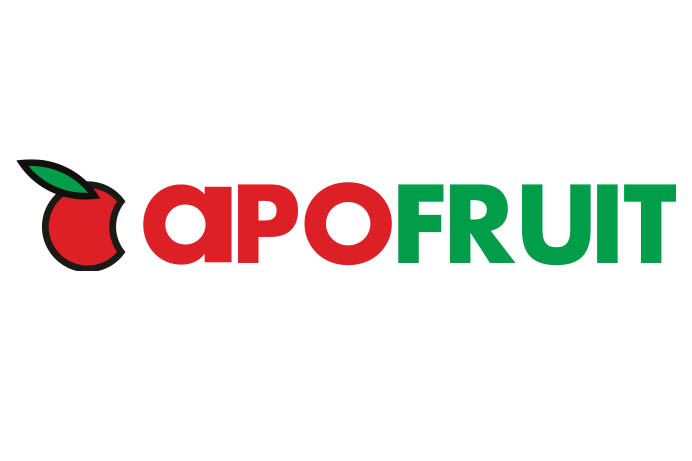
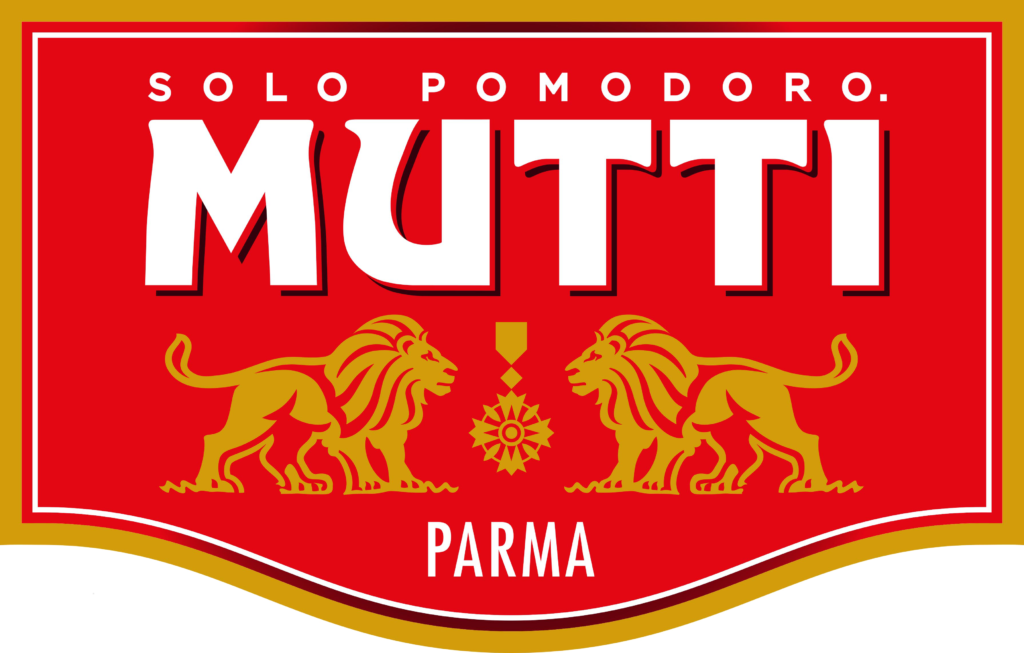
Scientific Pubblications
- Long-Term Stability in Electronic Properties of Textile Organic Electrochemical Transistors for Integrated Applications (2023)
- Combining Precision Viticulture Technologies and Economic Indices to Sustainable Water Use Management (2022)
- A Biomimetic, Biocompatible OECT Sensor for the Real-Time Measurement of Concentration and Saturation of Ions in Plant Sap (2022)
- Towards In Vivo Monitoring of Ions Accumulation in Trees: Response of an in Planta Organic Electrochemical Transistor Based Sensor to Water Flux Density, Light and Vapor Pressure Deficit Variation (2021)
- Real-time monitoring of Arundo donax response to saline stress through the application of in vivo sensing technology (2021)
- A mathematical model of OECTs with variable internal geometry (2020)
- In Vivo Phenotyping for the Early Detection of Drought Stress in Tomato (2019)
- Development of an In Vivo Sensor to Monitor the Effects of Vapour Pressure Deficit (VPD) Changes to Improve Water Productivity in Agriculture(2019)
- Introducing state variables in Organic Electrochemical Transistors with application to biophysical systems (2019)
- An in vivo biosensing, biomimetic electrochemical transistor with applications in plant science and precision farming (2017)